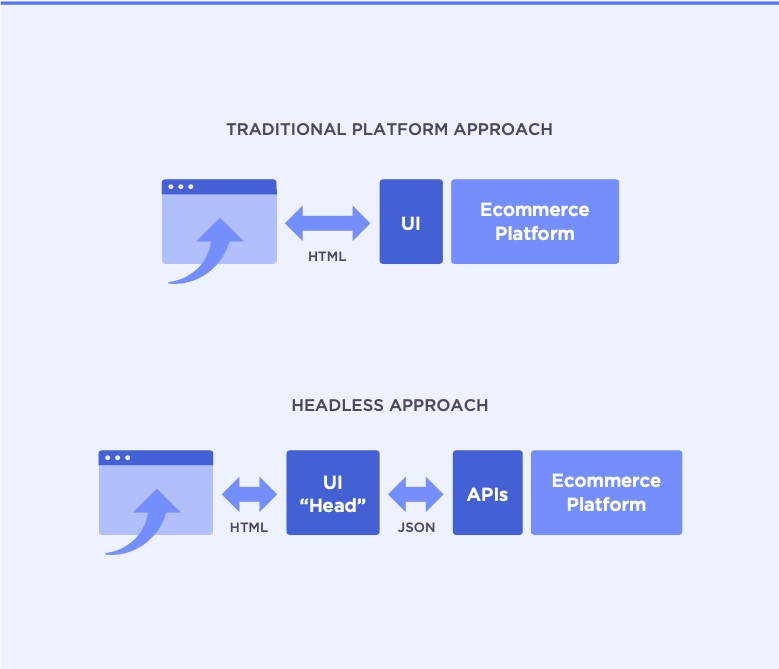The future is now! The metaverse and Web3, once just concepts to look forward to, are now in within reach. With emerging tools, businesses can finally unlock their true potential for ecommerce to create new, unique experiences for customers.
Consumers are calling for better ways to merge their physical and virtual worlds, so now is the time for companies to assess and optimise their websites. In retail, the metaverse offers a much needed shot-in-the-arm at a time when consumers are ever-more demanding.
A new interactive metaverse has the ability to completely transform ecommerce, delivering on the promise of blending the best parts of both the in-store and online shopping experiences. Meanwhile, the framework on which the metaverse is built, Web3, is shaped by machine learning, privacy and security which can help build trust and enable brands in get even closer to consumers.
Bringing it to life
For brands to extend their digital store with a technical marvel like the metaverse, they will need to prepare their existing retail offering to work with different kinds of virtual formats, media and devices. The metaverse needs a hyper-flexible software platform to power this virtual ecommerce space and there is technology that exists today, with headless architectures, to help bring this to life.
Headless is a type of web architecture that decouples the front end of a website (the graphical user interface or GUI) from the back end (where the code and data live). In this architecture, the front end and back end work independently. With this independence comes the freedom to use different mechanisms to develop and display content.
As it’s open sourced, you can choose where and how you present your content, no longer tied to one technology that requires you to keep the front and back end wedded to each other. This means developers can create a user interface at the front end that can be tailored to each user, application, or screen – all while keeping the back end secure and robust elsewhere.
In Australia businesses are already using headless for various use cases. WP Engine’s The State of Headless 2021 Report revealed two thirds of Australian businesses (66%) already use headless technologies and a further 1-in-5 businesses (21%) were considering adopting one within the next twelve months.
Retailers and brands thrive with the freedom headless and its opensource ecosystem brings, using it to develop content that can live across many different channels including mobile apps, smartwatches, voice assistants and digital kiosks. Not only does this create a consistent look and feel for the brand it also streamlines the structure for in-house teams making it easier and more efficient to manage and update without having to engage third-party developers.
Building for tomorrow, today
Headless also helps businesses prepare for the future by setting in place the infrastructure now that will enable them to implement new experiences tomorrow. So even if a retail business isn’t able to venture into the metaverse immediately, it can still use headless to create content that can live in the metaverse when the company is ready.
Headless software architectures address the increasingly fragmented world of omnichannel experiences. Some companies choose to build on WordPress and, in doing so, they are backed by one of the world’s largest developer communities. The best part is that by going open source, brands can integrate a whole host of services and tools, helping build better experiences, more users, and greater business impact.
The metaverse may seem like a futuristic extravagance for many businesses, but there are simple elements that are being implemented today. Depending on what exactly a business wants to create, the tech is, in most cases, ready to support it. Right now, the biggest question is whether brands are willing to evolve along with their customers, understanding that the metaverse is going to create new ways to build relationships. This will lead to a more personalised experience allowing consumers to get closer to the brand and become loyal advocates, rather than simply buying from it. Headless is the hyper-flexible software platform that empowers businesses to prepare for, and deliver, a new, personalised ecommerce experience.
Ricky Blacker is senior solutions engineer for Australia & New Zealand at WP Engine.

